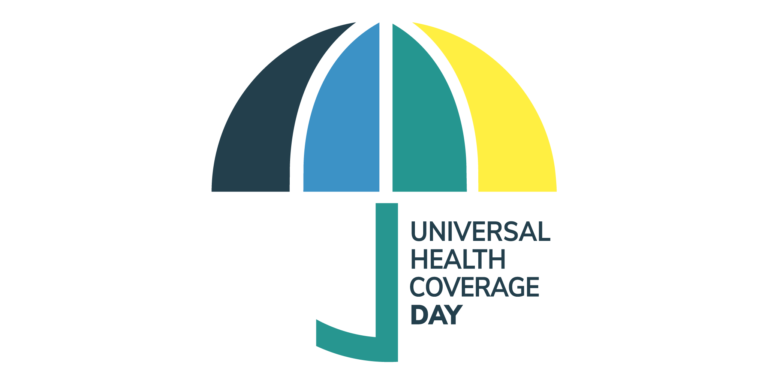A review of corruption and accountability issues in Nigeria’s COVID-19 response: Implications for health systems governance

By: Prince Agwu, Nma Ekenna, Uche Obi, Tochukwu Orjiakor, Aloysius Odii, Enyi Etiaba, Benjamin Uzochukwu, Obinna Onwujekwe Flexible and urgent health spending during public health emergencies distorts procurement processes and potentially encourages corrupt practices in health systems. This can erode…

